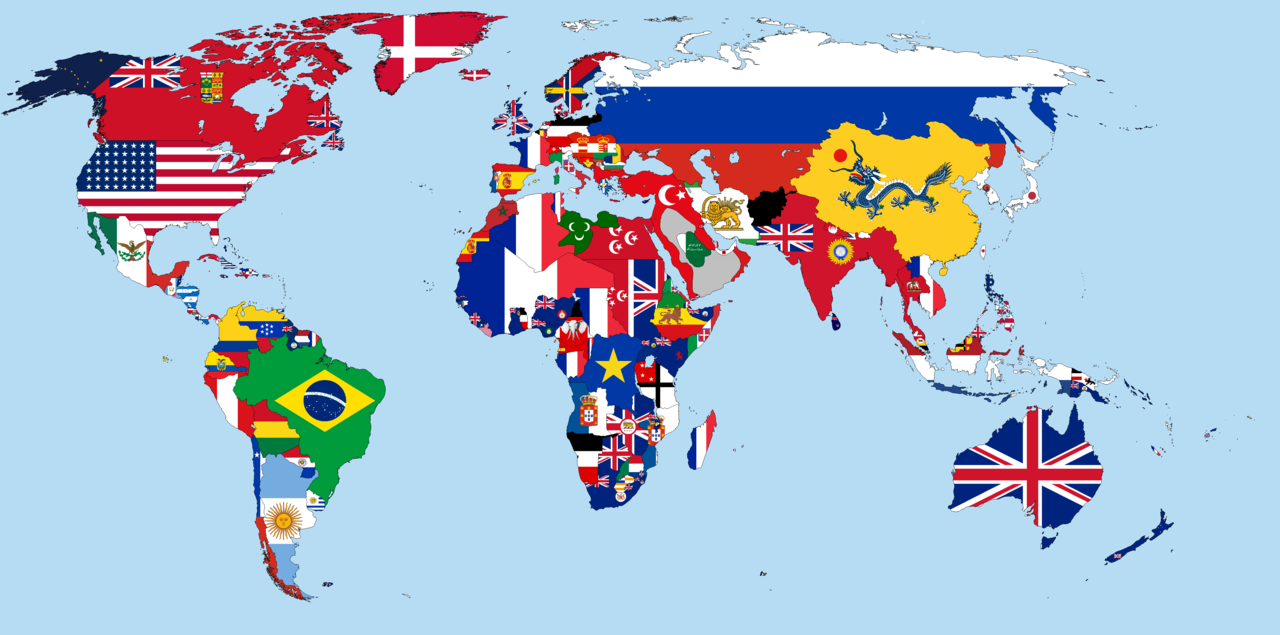This article has a set of discussion questions tailored for classroom use. Click here to download them. To see a full list of articles with discussion questions and other resources, visit our “Educational Resources” page.
On Wednesday, September 7th, U.S. Secretary of State Anthony Blinken announced a new aid package to Ukraine worth over $1 billion. The announcement came during what may be a critical juncture for the war. Ukraine’s counter-offensive has been slower than initially hoped, leading U.S. officials to question Ukrainian military strategy. However, progress has been made in recent weeks – the Ukrainian military has broken through the first line of Russian defenses in the south and liberated settlements. Further, there is some reason to believe future gains may come at an accelerated rate, as intelligence officials believe the Russian military concentrated its defenses at the first line.
Regardless, continued U.S. aid to Ukraine is no longer an ironclad guarantee. Although a majority of U.S. citizens still approve of aid to Ukraine, poll numbers have shown changing attitudes in recent months. About half of Republican respondents polled feel that the U.S. is doing too much to help Ukraine, and that they prefer ending the war as soon as possible, even if Ukraine concedes lost territory to Russia. Further, despite a majority of Democrats and independents favoring aid to Ukraine even in a prolonged conflict, support for that position has declined somewhat. During the Republican presidential debate in August two candidates, Vivek Ramaswamy and Ron DeSantis, stated they would end U.S. aid to Ukraine (in DeSantis’s case, this was qualified with the statement that he would stop aid unless European nations “pull their weight”). Donald Trump has suggested that all aid to Ukraine should pause until U.S. agencies turn over alleged evidence that incriminates President Joseph Biden.
Given the amount of aid the U.S. has sent to Ukraine – about $76 billion at the time of this article’s writing (although Congress has approved up to $113 billion) – it is worth pausing to weigh the moral arguments for and against continuing to provide aid.
Before beginning that discussion, I want to note two things.
First, while aid to Ukraine is normally reported in dollar amounts, this is misleading. The U.S. has not sent $76 billion in cash to Kyiv. While some money has gone to financing, significant portions of the aid are supplies from the U.S. stockpiles, training Ukrainian soldiers, and collaborating on intelligence. The value of the aid is estimated at $76 billion but this does not mean the U.S. has spent $76 billion. Less than half of the aid has been cash, and some portion of this figure includes loans.
Second, there are arguments about aid this article will not consider. Namely, these concern the strategic or political value of aiding Ukraine. One might argue that a repulsion of the invasion would humiliate and weaken Putin’s regime, thereby advancing U.S. interests. Alternatively, one could argue that if the war effort fails while the U.S. sends aid, it could damage U.S.’s standing internationally; there would be doubts that cooperation with the U.S. is sufficient to ensure security. While these considerations matter and should enter our decision making, they are too complex to discuss in sufficient detail here.
What arguments might someone make against continuing aid to Ukraine? The most common arguments in public discourse stem from what the U.S. government ought to prioritize. For instance, during the Republican primary debate, Ramaswamy commented that the U.S. would be better off sending troops to the border with Mexico. Trump has similarly questioned how the U.S. can send aid to Ukraine but cannot prevent school shootings.
The idea here appears to be something like this. Governments have obligations which should shape their decisions. Specifically, governments have greater duties to resolve domestic issues and help their citizens before considering foreign affairs. Thus, the claim here seems to be that the U.S. should simply spend the resources it is currently allocating towards Ukraine in ways that more tangibly benefit citizens of the U.S.
There are a few reasons to be skeptical of this argument. First, without a specific policy alternative it is not clear what those who utter this argument are suggesting. For any particular program, it is always theoretically possible that a government could do something more efficient or more beneficial for its citizens. But this claim is merely theoretical without a particular proposal.
Second, this argument may pose what philosophers call a false dichotomy. This fallacy occurs when an argument limits the number of options available, so that one choice seems less desirable. False dichotomies leave listeners with an “either this or that” choice when the options are not mutually exclusive. Consider Ramaswamy’s proposal in particular. It is unclear why the U.S. could not both provide military aid to Ukraine and deploy soldiers to protect its borders.
Third, not all aid sent to Ukraine could clearly benefit U.S. citizens. For instance, it is not clear how anti-tank missiles, mine-clearing equipment, or artillery can be used to solve domestic issues in the U.S.
More compelling, however, are the arguments that may appeal to the long-term consequences of prolonged war in Ukraine. Some may point to more speculative consequences. Perhaps a long war in Ukraine will result in a more hostile relationship between Western nations and Russia. This is especially true given recent discussion of Ukraine joining NATO and Russian officials’ attitudes towards the alliance. Further, a prolonged conflict may create more tense relationships between the U.S. and China, and could provide a diplomatic advantage to the latter. So, some might argue that it could be in the interests of long-term peace to bring an end to the war in Ukraine; the more strained these relations become, the less probable cooperation between major powers becomes.
Less speculative is the simple fact that, the longer the war drags on, the more people will die. The more battles fought, the more casualties. Additionally, given that the Ukrainian military is now using munitions like cluster bombs and the Russian military has blanked portions of Ukraine with land mines, it is certain that the increased casualties will include civilians. Given that there is moral reason to avoid deaths, we may have moral reason to bring an end to the war in Ukraine to reduce the number of lives lost – the sooner it ends, by whatever means, the fewer people will die.
However, proponents of aid to Ukraine also appeal to the long-term consequences of current events. In particular, some argue that failing to support Ukraine’s war effort will enable future aggression, specifically, aggression by Moscow. The idea is something like this. The costlier the war is for Russia, the less likely its leaders will be to pursue war in the future. Further, the more support that nations like the U.S. are willing to provide to nations that are the victims of aggression, presumably, the less likely it would make future aggressive acts. Although a prolonged war in Ukraine will lead to a greater loss of life now, one might argue that in the end it will prevent even larger losses in the future by changing the cost-benefit analysis of future would-be aggressors.
Perhaps the most compelling argument for continuing aid to Ukraine comes from just war theory – the application of moral theory to warfare. Just war theorists often distinguish between jus ad bellum – the justification of going to war – and jus in bello – the morality of the conduct of combatants once war has broken out. Typically, just war theorists agree that wars of aggression are not justified unless they are to prevent a future, more severe act of aggression. Defensive warfare, in particular defensive warfare against an unjust aggressor, is justified.
To put the matter simply, Ukraine has been unjustly invaded by the Russian military. As a result, the efforts to defend their nation and retake captured territory are morally justified. So long as we have moral reason to aid those who are responding to unjust aggression, it seems we have moral reason to aid Ukraine. For many, this is enough to justify the expenditures required to continue military aid.
Of course, one might question how far this obligation gets us. It is not clear how much we are required to aid others who have a just pursuit. Resources are finite and we cannot contribute to every cause. This point will be more pressing as the monetary figure associated with aid to Ukraine rises, and our public discourse questions the other potential efforts towards which that aid could have been directly.
As noted earlier, however, there are some reasons to question arguments of this sort when they are light on specifics. It is one thing to reassess the situation as circumstances have changed and find that your moral obligations now seem to pull you in a different direction. It is another entirely to abandon a democratic nation to conquest simply over sophistry. The severe consequences of our choices on this matter should prompt us to think carefully before committing ourselves to a particular plan of action.


